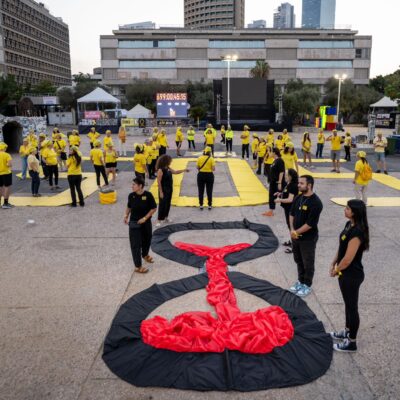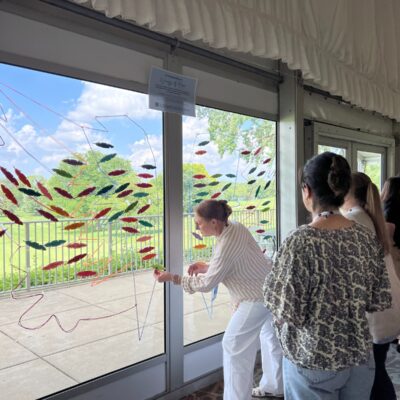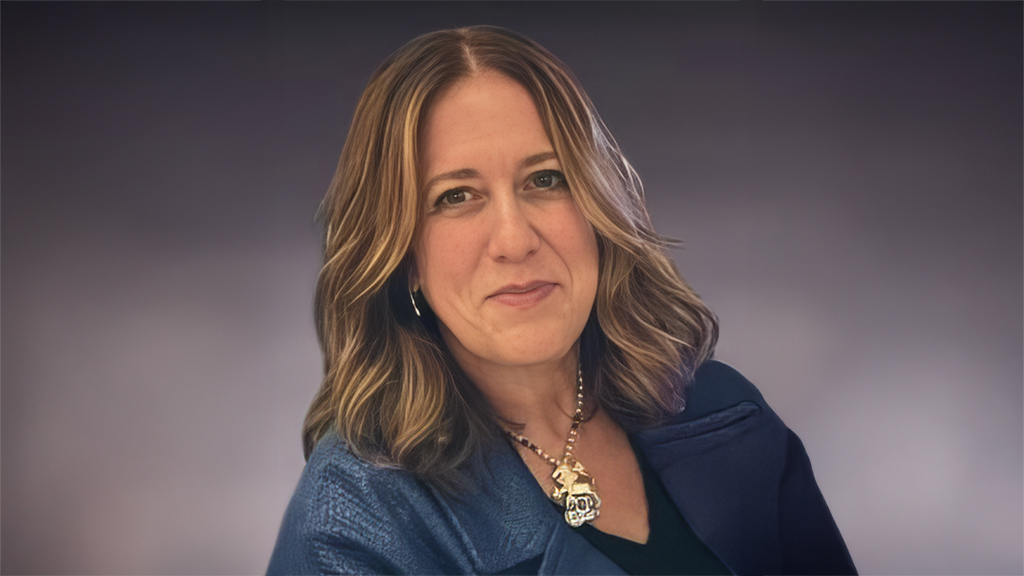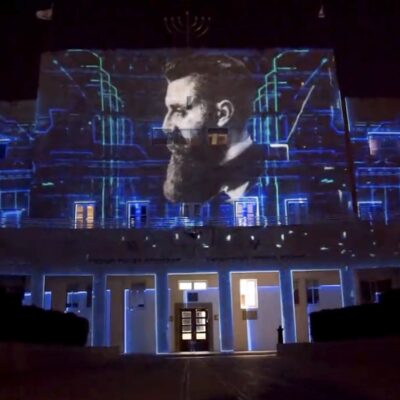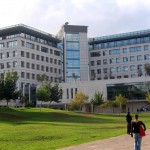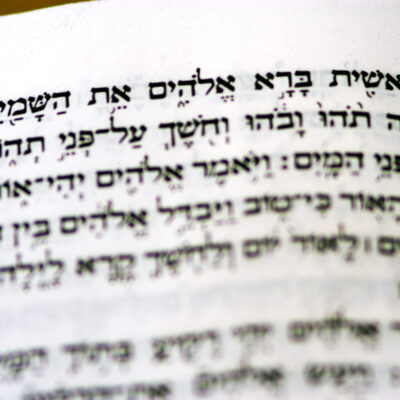Opinion
NEW PATHWAYS
How a network of sci-tech schools in Israel offers a model for Haredi integration
In recent months, the issue of Haredi participation in the Israeli army and workforce has dominated the national conversation in Israel. While the headlines focused on conflict, a quiet revolution has been unfolding on the ground, far from the spotlight. At a time when Israel urgently needs practical solutions — not just political slogans — the Israel Sci-Tech School Network (ISTS) is implementing a model that works: respecting tradition while preparing for the future.
Through years of careful study, observation and genuine engagement — marked by listening and consistently demonstrating that religious life and professional development can coexist — we’ve learned a vital lesson. This is not about coercion nor compromising on core values; rather, it is about building bridges that empower the Haredi community to take an active role in Israeli society while fully preserving its unique identity. ISTS offers specialized educational tracks for Haredi youth that blend Torah study with high-level vocational training in fields like programming, software engineering, cybersecurity, mechanical engineering, electronics and more. These programs create real pathways to employment while respecting religious identity and strengthening community ties and solidarity.

Courtesy/Friends of Israel Sci-Tech Schools
Students in the Israel Sci-Tech Schools Network during morning prayers.
The national and social imperative to integrate Haredim is one of the most important and sensitive challenges that Israel is facing today. As a rapidly growing population, their inclusion is not only an economic necessity but also a critical step toward fostering social cohesion and ensuring a fairer distribution of societal burden.
ISTS isn’t an attempt to pull Haredi students away from their communities — it’s an effective way to empower them. The community-focused model ensures that graduates return to their communities equipped with both spiritual depth and practical skills. In cities like Tsfat, 65% of the students at one ISTS college are Haredi. Even in Bnei Brak, an ultra-Orthodox city, there are training programs in practical engineering designed specifically for Haredi men. This is clear proof that the approach resonates deeply within the community.
So far, 20 cohorts of ultra-Orthodox computer programmers have been inducted into military service through ISTS programs. In a sector where enlistment numbers have historically been extremely low, more than 600 Haredi graduates of ISTS network have already completed the full cycle: from Torah study to college training to military service. These students serve in various technological IDF units relevant to their fields of study. As a result, the IDF benefits from their technical expertise, while the students gain valuable experience that supports their integration into the post-service workforce. At any given time, approximately 1,000 Haredi students are enrolled in ISTS colleges, both those on track to join the IDF and those who are not. A remarkable 55% are in the engineering technicians program, while the rest are enrolled in various professional training fields. That number continues to grow steadily, and ISTS is on track to expand it significantly in the coming years.
Now, ISTS is taking another historic step by preparing to open a Technological Hesder Yeshiva for ultra-Orthodox high schoolers in Netanya, the first of its kind. At a time when military service is at the center of public controversy, ISTS have made remarkable strides in integrating Haredi youth into the IDF in ways that align with their values and lifestyle. Students who are drafted undergo basic training and then continue their education in uniform before completing their military service.
The network is also preparing to launch a new Haredi campus in the religious town of Beit Shemesh. These initiatives will create a seamless path for religious youth who wish to combine Torah learning, military service and career preparation under one roof.
The ISTS network has built trust with Haredi communities through a quiet, consistent and respectful approach over time. Its central message is that maintaining a Haredi lifestyle is fully compatible with employment and public engagement, one does not have to come at the expense of the other.
This trust-building process is reflected in practical accommodation such as tailored schedules and sensitivity to the unique Haredi lifestyle.
This is what partnership looks like: not coercion, not judgment, but collaboration.
As Israeli society grapples with existential questions about national service and social cohesion, the work of ISTS offers a clear message: solutions are already here. They just need support, goodwill and scaling. At a time when unity is more essential than ever, Israel Sci-Tech Schools Network is proving that it is possible to serve the country while preserving identity and build a stronger future. For everyone.
Dar Nadler is the executive director of Friends of Israel Sci-Tech Schools.

